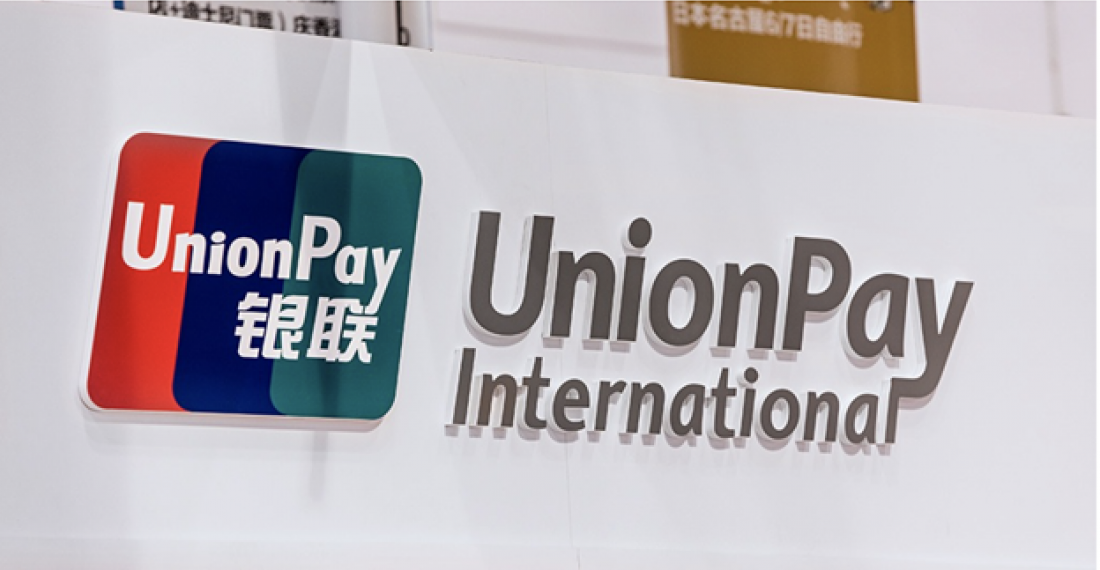Russian banks are looking to China’s UnionPay to maintain financial stability after Visa, Mastercard, and American Express all decided to suspend operations in Russia.
The invasion of Ukraine has caused widespread international sanctions against Russia, companies are stopping projects in the country, and in a dramatic move, Visa, Mastercard, and American Express stopped serving Russian banks. In a statement issued on Sunday, American Express said, "One of our company values is to 'Do What is Right’... This principle has guided us throughout this difficult crisis and will continue to do so, as we stand by our colleagues, customers, and the international community in hoping for a peaceful resolution to this crisis." Visa and Mastercard issued similar statements condemning Russian actions in Ukraine on Saturday. The decision is likely to hurt the companies; Russian transactions comprise 4% of total net revenue for Visa and Mastercard.
The suspension of the card payment systems in Russia has caused banks in the country to look towards alternative card payment systems, one of those is UnionPay, a Chinese system. The Russian Central Bank said that commercial banks within Russia are looking to issue cards with UnionPay. Russia has been working on financial independence since 2014 when sanctions were imposed after Russia annexed Crimea. Sberbank, Russia’s largest lender, stated that domestic transactions would continue to work. However, there remains significant financial interdependence with Western Countries. As a result, UnionPay is now the leading contender to replace Visa, Mastercard, and American Express.
In addition to the moves towards UnionPay, some Russian companies are now accepting payments in Yuan, and there is talk of Russia turning to CIPS, the Chinese equivalent of SWIFT. The Russian pivot towards the Yuan and Chinese financial systems could reduce the dominance of the US Dollar in global transactions. China has been working on diminishing the supremacy of the Dollar through attempts at internationalising the Yuan since 2016. For the time being, tight capital controls in China and the risk of secondary sanctions means that the Russian turn to China is not likely to significantly erode the dominance of the American currency. Nevertheless, the relationship between China and Russia, declared as 'without limits', will undoubtedly be further strengthened through greater financial links.






